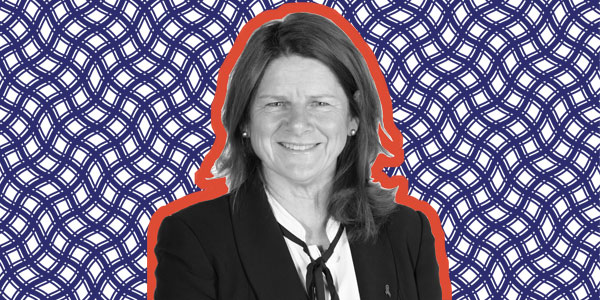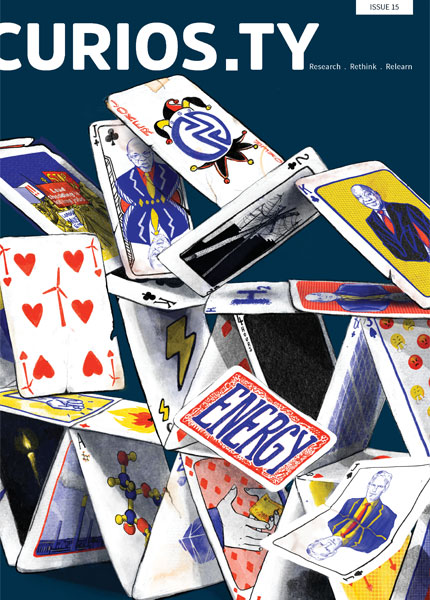Energising and futureproofing our world
- Lynn Morris
Editorial: Energy cannot be created or destroyed, but for South Africans it feels like we are upending this fundamental law of physics.

The energy crisis in our country is devastating – we live in a state of energy poverty that threatens to destroy our economy and increase the levels of suffering and inequality. I am fortunate enough to live in a household that could afford a rooftop solar power system.
Remarkably, during the day, we generate more power than we need, and I have become acutely aware of how many kilowatts each appliance uses. It has been a revelation and incredibly empowering to join the rapidly growing adopters of renewable energy.
But the energy crisis is not just a South African problem. Globally, we are in a catch-22 situation. We need to produce more and more energy to cater for the 9.7 billion people it’s estimated will be living on our planet in 2050. Currently most countries rely on dwindling supplies of fossil fuels such as coal, oil and gas that produce carbon emissions and contribute to climate change. But unless we reduce emissions to zero by 2050, there won’t be much of a planet to inhabit. So this is urgent – we need to transition to more sustainable energy systems that make use of solar, wind, and hydropower to mitigate the impacts of climate change. This will require significant investment and new innovative technologies.
At Wits University, we are always working to understand, evolve and solve the problems of our times with research that is locally relevant but that will make an impact on a global scale.
 This issue of Curios.ty has a wonderful mix of stories on the theme #ENERGY in all its various forms. Read about the development of PeCo grids, a modular system that can supply electricity to households and schools in rural areas using solar power and batteries that look like big Lego blocks.
This issue of Curios.ty has a wonderful mix of stories on the theme #ENERGY in all its various forms. Read about the development of PeCo grids, a modular system that can supply electricity to households and schools in rural areas using solar power and batteries that look like big Lego blocks.
There are discussion papers on the pros and cons of green hydrogen and nuclear energy. Researchers at Wits are finding innovative ways to use coal optimally and minimise its impact on the environment by significantly reducing emissions.
Fire is a powerful source of energy that has shaped human history. South African palaeoscientists pioneered research into the first controlled use of fire – which remains a major energy source for many South Africans.
There is a fascinating article on how robots, artificial intelligence and machine learning can be used to tackle our energy crisis, while a tool developed by a PhD candidate can measure students’ access to online learning. This tool, the Online Learning Poverty Index, considers energy poverty, the energy divide, the digital divide, and the learning environment, all of which can help with decision-making.
In this issue, you can learn how many ants a pangolin needs to eat to generate enough energy to survive. There is an inspiring article on two Wits academics who paddled over 1 000km down one of the Amazon River’s largest tributaries to raise awareness of climate change.
But we need to do much more. We need to invest in GreenTech and use our collective expertise, wisdom, and passion to do research with impact. We need to green our campuses, which guzzles vast amounts of energy supporting laboratories and data centres.
At Wits currently, there are plans to install solar panels on every available rooftop, introduce electric buses, and build recycling plants. We need to create awareness among staff and students about energy conservation. We need to become energised about energy. Being energised fuels the creative process and propels innovation.?
- Professor Lynn Morris is the Deputy Vice-Chancellor: Research and Innovation at Wits University.
- This article first appeared in?Curiosity, a research magazine produced by?Wits Communications?and the Office of the Deputy Vice-Chancellor:?Research and Innovation.
- Read more in the 15th issue, themed: #Energy. We explore energy research into finding solutions for SA's energy crisis, illuminate energy needs of people with disabilities, address the energy and digital divide in an unequal society, and investigate the origins of fire control.

